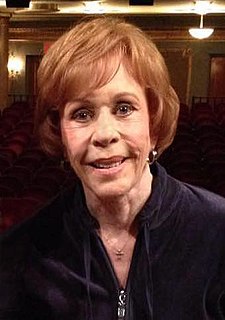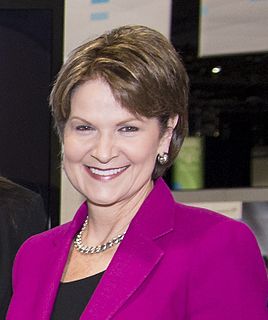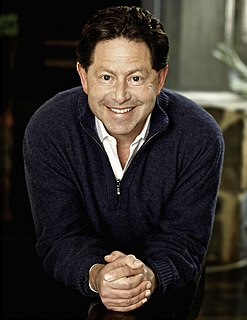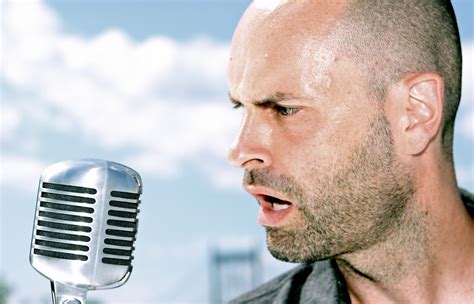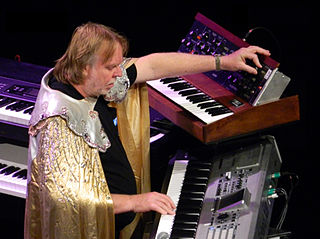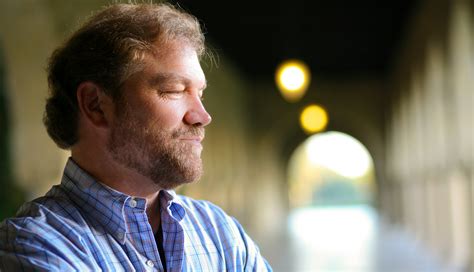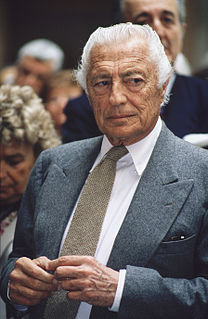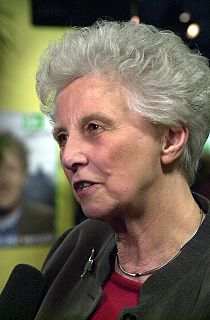A Quote by Chris Hedges
In my second year of Harvard Divinity School, where I was studying to be a minister like my father, I met a guy named Robert Cox, who had been the editor of the Buenos Aires Herald during the Dirty War in Argentina. Bob used to print the names of those who had been disappeared the day before, above the fold in his newspaper. It was a kind of an awakening to me to see what great journalism can and should do.
Related Quotes
A year before I met Mark Brydon - he was the one I used to make all the music with in Moloko - I was living in Sheffield with a guy who was studying architecture. I used to go to his college and crash the lectures there. I had enrolled to do a fine art course, but then I met Mark, and we signed a record deal instead.
Mia and I had been together for more than two years, and yes, it was a high school romance, but it was still the kind of romance where I thought we were trying to find a way to make it forever, the kind that, had we met five years later and had she not been some cello prodigy and had I not been in a band on the rise - or had our lives not been ripped apart by all this -I was pretty sure it would've been.
I'd gotten myself into a kind of journalism that wasn't really compatible with rearing an infant. I'd been a foreign correspondent for a long time and had this subspecialty in covering catastrophes. It had spoiled me a little because you have a tremendous amount of autonomy, and I couldn't really see being an editor in an office.
I have a lot of friends who are getting married. I try to avoid talking to them about their sex lives now 'cause it's so depressing. One guy told me it had been six months since he had gotten to second base with his wife. Yeah, I don't know which one was more pathetic: that he used the phrase 'second base' or that he hadn't been there in six months?
I learned an invaluable lesson from a kid in Argentina when we were playing Buenos Aires in 2002. I came out of the hotel and this 16-year-old-boy asked me to sign his copy of my Six Wives of Henry VIII album. As I was signing it I asked him 'what does a 16 year-old like about this old music?' and he looked at me, quite hurt, and said, 'it might be old to you, Mr Wakeman, but I only heard it for the first time last week. When you hear something for the first time, it's new.' I've never forgotten that.
News at Work is a vivid, inside look at the collision of print journalism and electronic media. Based on close access to the leading news organizations in Buenos Aires, Boczkowski documents how contemporary journalism is caught in the grip of emulation; this spiral of imitation exacerbated further by global news media and their intensifying homogenization. The portrait of this transformation of the news is both fascinating and deeply worrying, and is guaranteed to provoke debate.
Even though Helen Vendler wasn't on the Harvard faculty when I came first in 1979, she was a guardian spirit; Robert Fitzgerald gave me the use of his study in Pusey Library. Monroe and Brenda Engel kept open house, Bob and Jana Kiely made me at home in Adams House. Then, too, in 1979, Frank Bidart, whom Id met in Dublin after the death of Robert Lowell he was over seeing Caroline Blackwood Frank brought me into his circle of friends, including Robert Pinsky and Alan Williamson.





